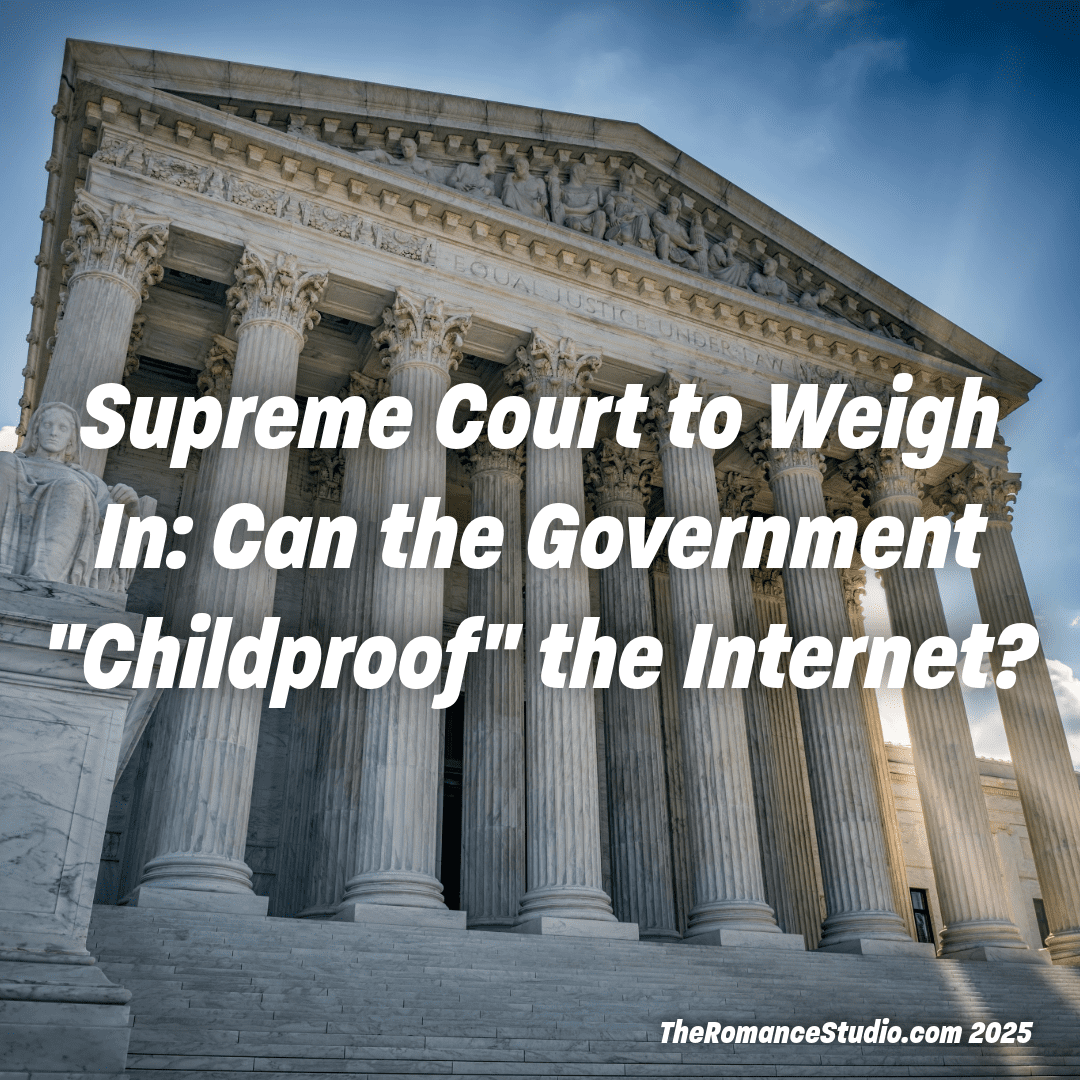Supreme Court to Weigh In: Can the Government "Childproof" the Internet?
In a case that could redefine online access and free speech, the U.S. Supreme Court may soon decide whether state laws aimed at “childproofing” the internet violate constitutional rights. At the heart of the issue are laws passed in several states that require websites to verify users’ ages and restrict access to content deemed inappropriate for minors.
The American Civil Liberties Union (ACLU) and other free speech advocates argue that these laws, while seemingly well-intentioned, could have sweeping consequences—blocking access to legal content, undermining privacy, and limiting adults’ ability to freely navigate the internet.
The Debate Over Online Censorship
States like Arkansas, Texas, and Utah have recently enacted legislation requiring platforms to verify a user’s age before allowing them to access certain online content. These measures primarily target websites that feature explicit material, but civil rights groups warn the laws are overly broad and could impact a vast range of websites, including those providing sexual health education, LGBTQ+ resources, and other constitutionally protected content.
Critics of the laws point to the potential chilling effect they could have on free speech. By forcing websites to verify users’ ages, these laws could discourage people from seeking information or participating in online discussions about sensitive topics. Many online platforms, faced with compliance burdens, may opt to restrict content across the board, further reducing access.
Privacy at Risk
One of the most pressing concerns is how these laws could compromise online privacy. Age verification typically requires users to submit personal data, such as government-issued IDs or credit card information, raising the risk of data breaches and surveillance. Opponents argue that this undermines the very safety and security lawmakers claim to protect.
“These laws aren’t just about protecting children—they create a dangerous precedent for government overreach into online activity,” says Vera Eidelman, an ACLU attorney specializing in free speech. “They force users to surrender personal data just to access lawful content, threatening both privacy and anonymity.”
Legal Precedents and the Supreme Court’s Role
The Supreme Court has previously struck down similar efforts to regulate online content. In 1997, it ruled against the Communications Decency Act, stating that broad internet restrictions violate First Amendment rights. More recently, the Court rejected California’s attempt to ban the sale of violent video games to minors, reinforcing that protecting children online cannot come at the expense of free speech.
Now, with multiple legal challenges underway, the Supreme Court could once again be tasked with determining whether these new laws go too far. If the justices agree to take up the case, their ruling could set a landmark precedent for internet regulation, balancing child safety, privacy, and free expression in the digital age.
What Happens Next?
For now, lower courts are divided on the issue, with some temporarily blocking the laws while others allow enforcement. Should the Supreme Court intervene, the decision could reshape how states regulate online spaces, impacting everything from adult content filters to broader content moderation policies.
As the legal battle unfolds, free speech advocates continue to push back, warning that these laws are not just about protecting children—they risk altering the very nature of the open internet.
📌 Stay tuned for updates as the Supreme Court considers the future of online freedom.

